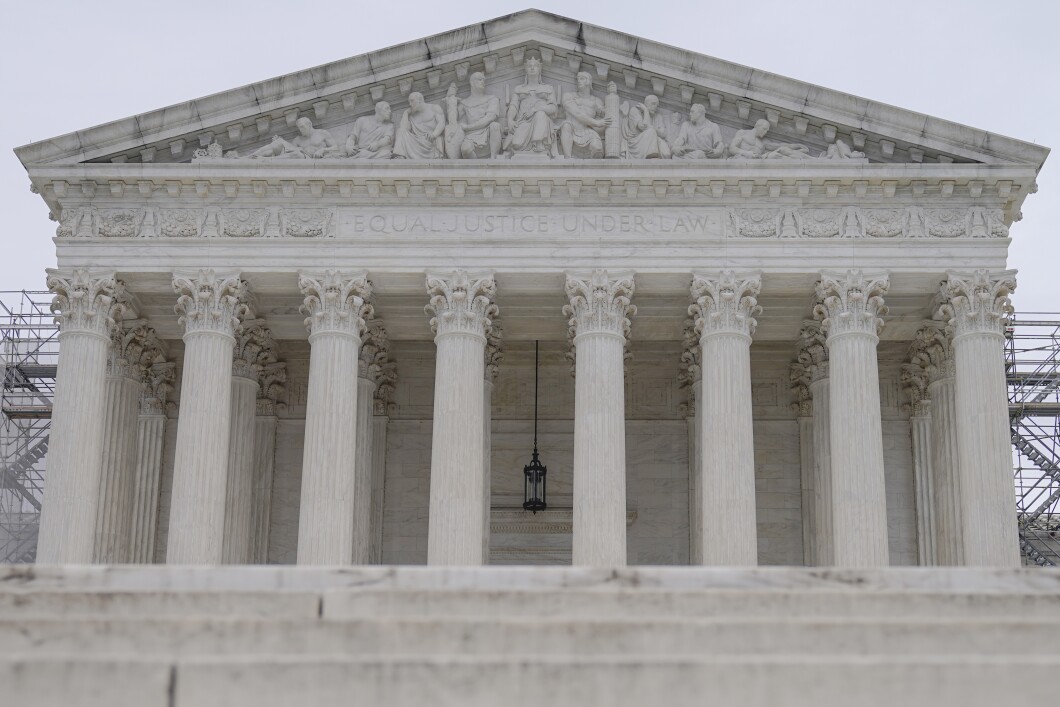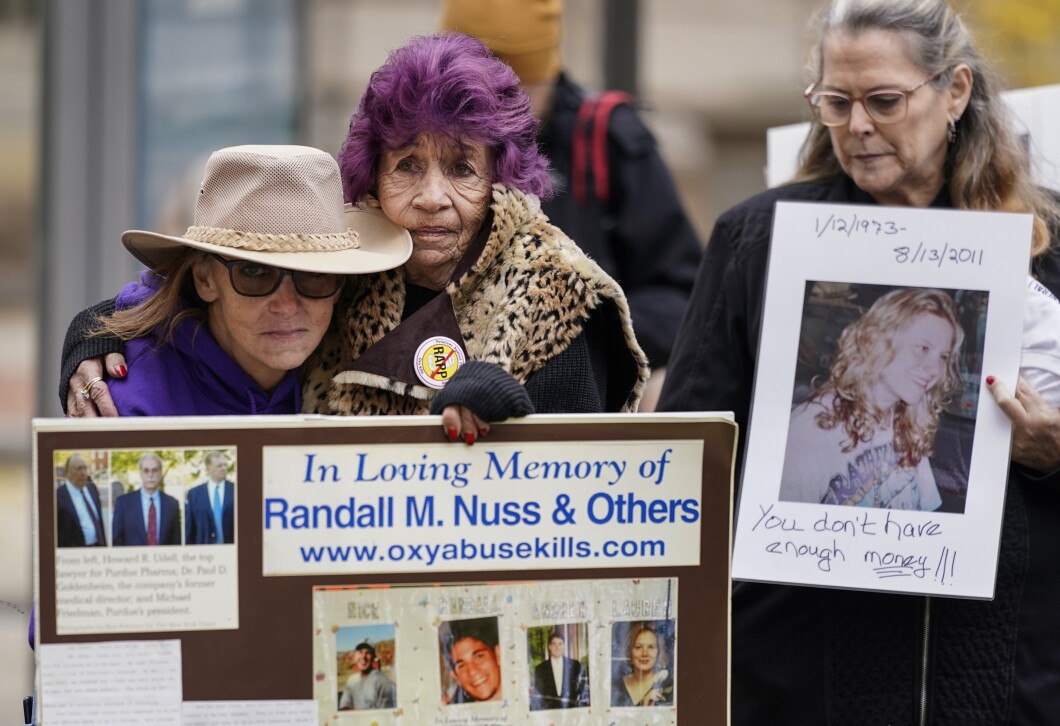
The Supreme Court will hear arguments Monday morning over the legality of an almost $6 billion bankruptcy settlement involving Purdue Pharma, the manufacturer of the medication OxyContin that has spurred the deadly opioid epidemic.
The Sackler family members who own Purdue Pharma have offered $6 billion to settle thousands of lawsuits alleging they fueled the opioid epidemic. If the justices allow the deal to go forth, it would transform Purdue into a nonprofit and dedicate its billions of dollars into addiction and other treatment efforts, while releasing the Sackler family owners from future civil liability.
SOCIAL SECURITY UPDATE: SECOND OF DECEMBER DOUBLE PAYMENTS WORTH $914 TO BE SENT OUT IN 26 DAYS

A bankruptcy judge had approved the settlement in 2011, but the U.S. Trustee Program, a watchdog within the Justice Department that keeps tabs on bankruptcy proceedings, objected to the terms and moved to block the deal in September that year.
“On the most direct level it will determine whether Chapter 11 is a viable process for settling mass torts,” according to an American Bar Association overview of the case by Anthony Casey, a professor at the University of Chicago Law School.
Although the settlement plan was approved by over 95% of the voting claimants, roughly 60,000 people who have filed personal injury claims, U.S. Trustee for the DOJ William Harrington appealed, arguing that such “nondebtor releases” require unanimous consent of the released parties.
Harrington has also argued the agreement allows Sackler family members to evade accountability for “alleged wrongdoing in concocting and perpetuating for profit one of the most severe public health crises ever experienced in the United States,” according to court documents.
In August, the Supreme Court barred the pharmaceutical giant based in Stamford, Connecticut, from moving forward with bankruptcy proceedings in a win for the Biden administration, which maintains Harrington’s findings that the deal results in “unprecedented” protection from future civil suits.
The possibility that the Sackler family members would be absolved of civil liability also sparked outrage from victims of opioid abuse and advocacy groups raising awareness about the more than 280,000 people who died in the U.S. from overdoses involving prescription opioids between 1999 to 2021, according to the Centers for Disease Control and Prevention.

Outside the Supreme Court Monday morning, organizers and advocates against opioid abuse will gather to call on the Supreme Court to overrule the settlement, arguing it fails to comply with the current U.S. Bankruptcy Code.
The settlement shows a “stark example of privileges retained by the wealthy to leverage the legal system to their advantage,” said Maya Fitzpatrick, a spokesperson for a coalition of opioid abuse awareness groups that will be rallying outside the high court. Other critics have pointed to the Sackler family withdrawing more than $10 billion.
Most suits against Purdue and its owners accuse them of fueling the opioid epidemic through deceptive marketing of the pain medication. The company has pleaded guilty to misbranding and fraud charges related to its marketing of OxyContin in 2007 and 2020.
While thousands of opioid abuse victims and their settlements are on the line Monday, the implications for this case reach far and wide, including ongoing disputes over the Boy Scouts of America settlement and potentially future cryptocurrency lawsuits.
“If the Court declares a blanket prohibition on nonconsensual nondebtor releases, it could overturn settlements in pending cases like the one involving the Boy Scouts of America and prevent global settlement in future cases,” Casey wrote for the ABA’s case overview.
If the high court holds that the Bankruptcy Code does allow for nondebtor releases, the status quo would be maintained and Purdue’s settlement would go into effect.
CLICK HERE TO READ MORE FROM THE WASHINGTON EXAMINER
Casey wrote that a case like the Purdue dispute on Monday “could be expected” to resolve with claimants left on their own to seek “difficult piecemeal litigation against dispersed hard-to-reach wrongdoing shareholders.”
Oral arguments are scheduled for 10 a.m., and justices will likely decide the case before the end of June.





